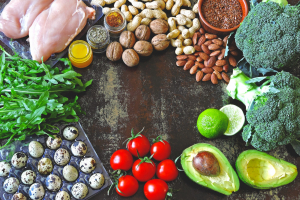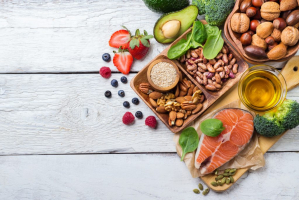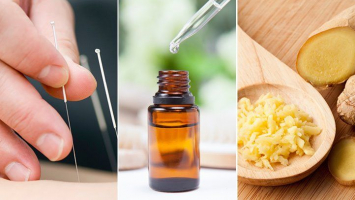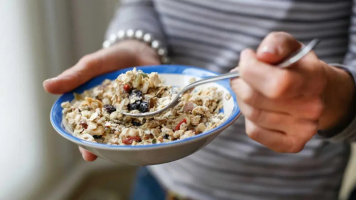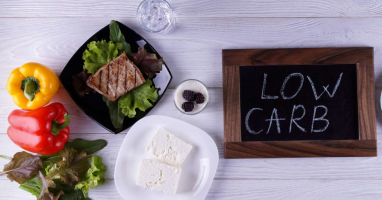Top 10 Natural Ways to Lower Your Cholesterol Levels
Although cholesterol serves important physiological purposes, when levels are out of control, it can lead to heart disease and blocked arteries. Below are some ... read more...natural ways to increase HDL (good) cholesterol and lower LDL (bad) cholesterol.
-
Monounsaturated fats such as olive oil are a healthy addition to the diet. Unlike saturated fats, which can have negative health effects, monounsaturated fats may support heart health and help someone manage their weight.
A diet rich in monounsaturated fats, such as the Mediterranean diet, has been found to help lower levels of harmful LDL and raise levels of beneficial HDL, according to a study. Research suggests that monounsaturated fats may also lessen the oxidation of cholesterol. Free radicals and oxidized cholesterol can react, causing blocked arteries. Atherosclerosis or heart disease may result from this. Overall, monounsaturated fats are healthful because they raise HDL cholesterol, lower damaging oxidation, and lower bad LDL cholesterol. The following foods are excellent sources of monounsaturated fats. Some of these are also excellent sources of polyunsaturated fat: olive oil; nuts, such as almonds, cashews, pecans, and macadamias; canola oil; avocados; nut butters; olives; etc.
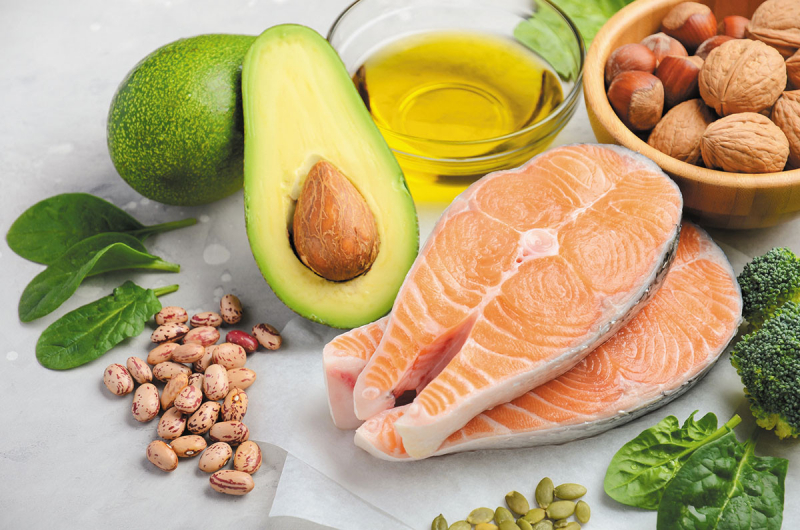
Focus on monounsaturated fats 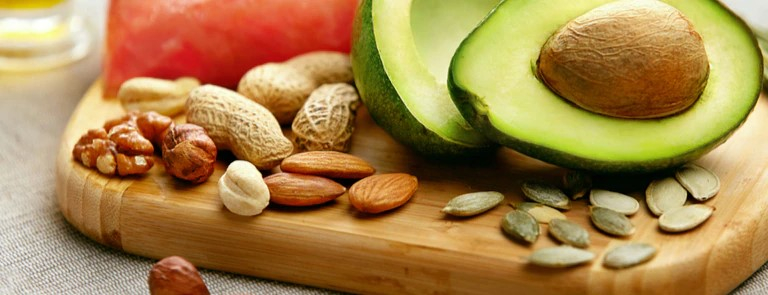
Focus on monounsaturated fats -
Multiple double bonds in polyunsaturated fats cause them to function differently in the body than saturated fats. According to research, polyunsaturated fats lower LDL (bad) cholesterol and lower the chance of developing heart disease.
In one study, for instance, polyunsaturated fats were substituted for saturated fats in the diets of 115 people for eight weeks. Total and LDL (bad) cholesterol levels had decreased by about 10% by the end of the study. Additionally, polyunsaturated fats may lower the risk of type 2 diabetes and metabolic syndrome. In a different study, 5% of the calories from carbs were swapped out for polyunsaturated fats in the diets of 4,220 people. They had lower levels of fasting insulin and blood sugar, which suggested a lower risk of type 2 diabetes. Particularly heart-healthy polyunsaturated fatty acids are omega-3 fatty acids. They are present in fish oil supplements and seafood. Especially high concentrations are found in fatty fish.
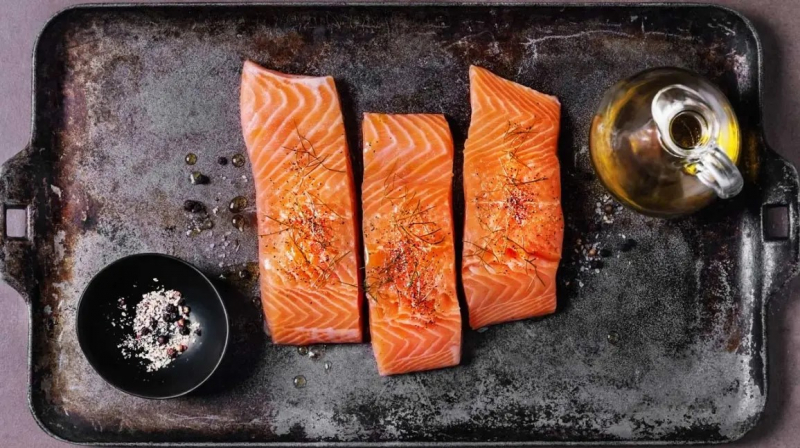
Use polyunsaturated fats, especially omega-3s 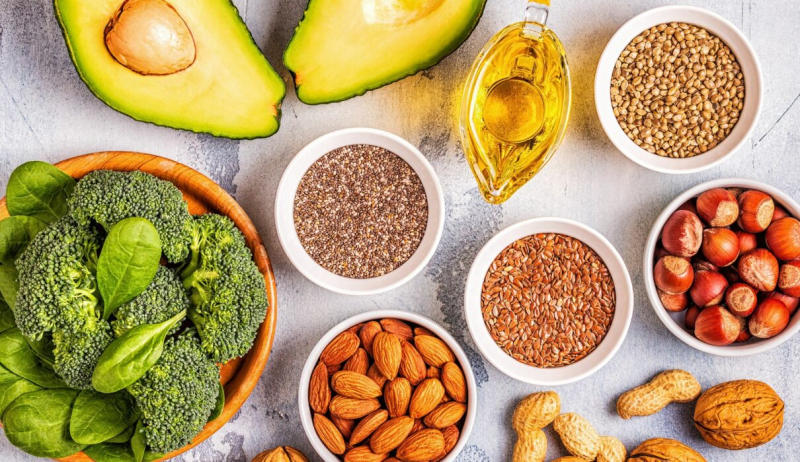
Use polyunsaturated fats, especially omega-3s -
Unsaturated fats that have undergone a process known as hydrogenation to become trans fats. This is done to increase the stability of the unsaturated fats found in vegetable oils.
The resulting trans fats are known as partially hydrogenated oils (PHOs) because they are not entirely saturated. Since they are solid at room temperature, they give spreads, pastries, and cookies a more substantial texture than unsaturated liquid oils. However, partly hydrogenated trans fats are processed in the body in a negative way compared to other fats. Trans fats lower healthy HDL while raising total cholesterol and LDL. As of 2018, the Food and Drug Administration (FDA) outlawed trans fats in processed foods. The World Health Organization (WHO) issued a global call for the removal of trans fats from the world's food supply by the year 2023. Foods that commonly contain trans fats include margarine and shortening; pastries and other baked goods; some microwaveable popcorn; fried fast foods; some pizzas; nondairy coffee creamer; etc.

Avoid trans fats 
Avoid trans fats -
A collection of various plant compounds known as soluble fiber can dissolve in liquid but are inedible to humans. But the helpful bacteria in your intestines can break down soluble fiber. In fact, they need it for nutrition. These beneficial bacteria, often known as probiotics, have been demonstrated in studies to be able to lower LDL levels.
A study of the literature backed up earlier findings that whole grains, which are high in fiber, lower LDL and total cholesterol levels when compared to control groups. The good news is that it was not found that whole grains reduced levels of the beneficial HDL cholesterol. The advantages of taking a statin drug for lowering cholesterol can also be increased with soluble fiber. According to a 2014 study, higher intakes of whole grain meals high in fiber and the use of statins were linked to improved lipoprotein profiles in a sample of adults over 45. Among the top sources of soluble fiber are oat cereals; beans and lentils; Brussels sprouts; fruits; peas; flaxseeds;...
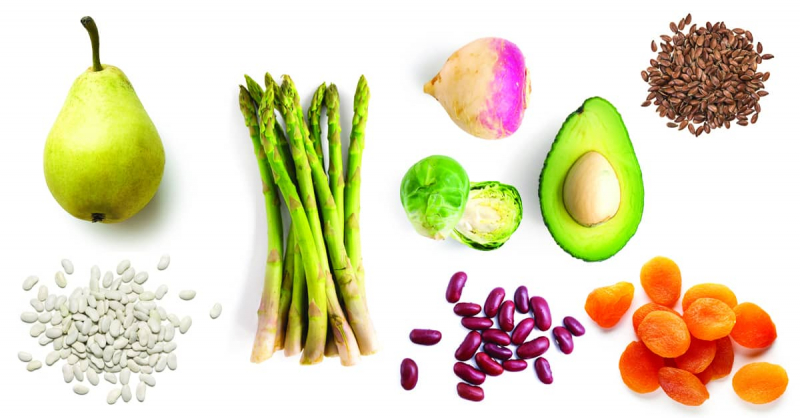
Eat soluble fiber 
Eat soluble fiber -
Cardiovascular health benefits from exercise. Not only does it increase physical fitness and help in the fight against obesity, but it also lowers bad LDL and raises healthy HDL.
The American Heart Association recommends 150 minutes per week of moderate aerobic exercise to decrease cholesterol. One study found that 20 overweight women who exercised for 12 weeks with both aerobic and resistance training had lower levels of particularly dangerous oxidized LDL. They worked out three days a week for 15 minutes each doing aerobic exercises like walking, jumping jacks, resistance band work, and low-intensity Korean dance. Even low-intensity activity like walking can boost HDL, but the benefit is increased when the exercise is longer and more intensive. The heart rate during aerobic exercise should ideally increase to about 75% of its maximum. And a 50% maximum effort should be used during resistance training.

Exercise 
Exercise -
Obesity or being overweight can make you more likely to have high cholesterol. Around 10 mg of cholesterol are produced each day for every 10 pounds of extra fat. The good news is that if you are overweight, losing weight can lower your cholesterol levels.
According to research, those who lost between 5 and 10% of their body weight had considerably lower levels of triglycerides, total cholesterol, and LDL cholesterol. Cholesterol and triglyceride levels were dramatically reduced in those who lost more weight—more than 10% of their starting weight. A diet rich in healthy oils was found to lower both good and bad cholesterol in a study on weight loss in women. Overall, when it comes to cholesterol, losing weight lowers the bad LDL and raises the good HDL. Determine a nutrient-dense and long-term weight loss plan in close consultation with your physician.

Maintain a healthy-for-you weight 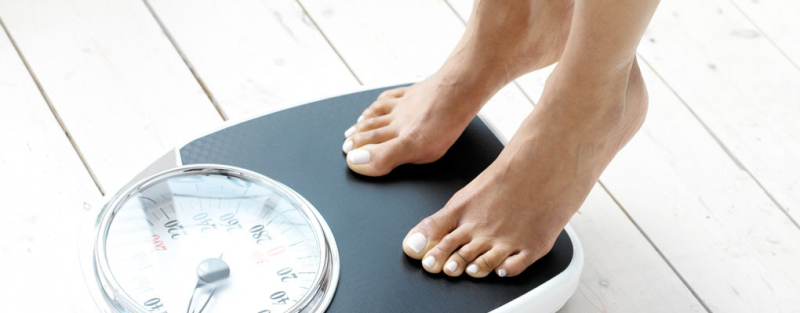
Maintain a healthy-for-you weight -
There are numerous ways in which smoking raises the risk of heart disease. One of them is changing the way the body uses cholesterol. You can consider quitting smoking for good and living a healthy, smoke-free life.
Smokers' immune systems are unable to transfer liver-bound cholesterol back to the blood from the vessel walls. Instead of nicotine, tobacco tar is responsible for this harm. Smokers' clogged arteries may form more quickly due to these dysfunctional immune cells. A dangerous chemical substance called acrolein found in cigarettes can enter the bloodstream through the lungs. According to researchers, it affects how HDL transports cholesterol in the body, causing LDL levels to rise and perhaps triggering the development of heart disease. If you can, try to stop smoking to help reverse these negative effects.

Avoid smoking 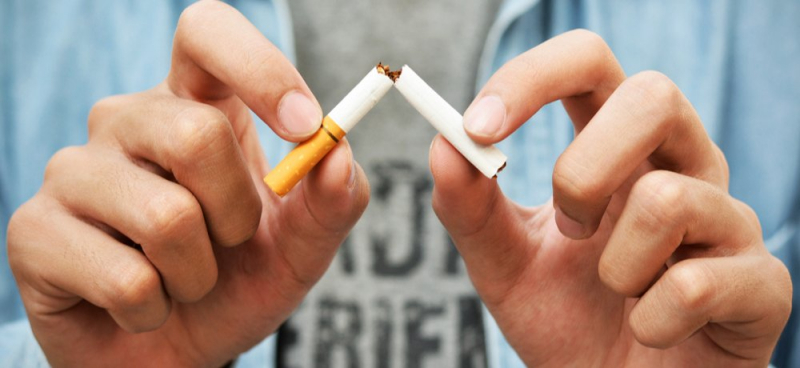
Avoid smoking -
Even if it accepts that a small increase in the beneficial HDL cholesterol may occur with moderate alcohol consumption. The AHA does not endorse drinking wine or any other alcoholic beverage specifically to lower your cholesterol or improve your heart health. The AHA notes that excessive alcohol use raises triglyceride and total cholesterol levels.
According to a recent study, frequent alcohol consumption may cause cardiac damage even before symptoms show up. Everyone believes that drinking too much alcohol damages the liver and increases the chance of dependence, even if it is still unclear whether alcohol can lower the risk of heart disease. To get the most out of any potential cardiovascular benefits, alcohol should only be consumed occasionally and in moderation. On days when you drink, the CDC recommends that you limit your intake to 2 drinks for men and 1 drink for women.

Use alcohol in moderation 
Use alcohol in moderation -
Numerous dietary supplements have the potential for lowering cholesterol. Plant-based substitutes for cholesterol include stanols and sterols. They are absorbed from the diet similarly to cholesterol because they resemble cholesterol.
However, they don't cause clogged arteries because some of their chemistry are different from human cholesterol. They lower cholesterol levels instead by out-competing human cholesterol. When plant sterols are absorbed from the diet, cholesterol is no longer absorbed. Vegetable oils naturally include trace amounts of plant stanols and sterols, which are also added to some oils and butter replacements. Clinical studies indicate that consuming 1.5–3 grams of plant sterols/stanols daily can lower LDL levels by 7.5–12%, according to a review of the research. Researchers found that taking it twice daily with the main meal provides the best cholesterol-lowering results.
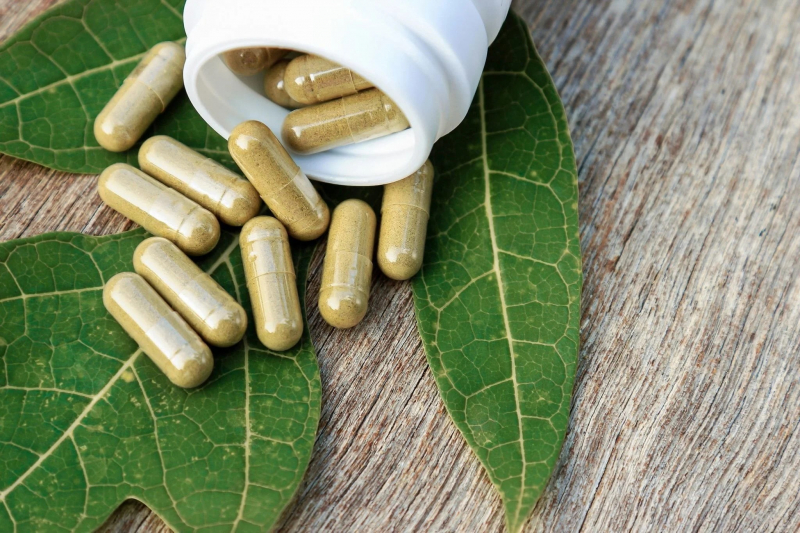
Consider plant sterols and stanols 
Consider plant sterols and stanols -
Fish oil and soluble fiber are proven to lower cholesterol and support heart health. Coenzyme Q10 is a different supplement that has the potential to lower cholesterol, but its long-term benefits are not yet known.
- Fish oil: Docosahexaenoic acid (DHA) and eicosapentaenoic acid are two omega-3 fatty acids that are abundant in fish oil (EPA). According to one study, adding fish oil-based Omega3Q10 to the diets of elderly people with high blood pressure and high cholesterol decreased their blood pressure as well as their levels of total and LDL cholesterol.
- Psyllium: One type of soluble fiber that is sold as a supplement is psyllium. Psyllium fiber effectively lowers LDL cholesterol levels, potentially delaying the risk of the cardiovascular disease brought on by blocked arteries in those with or without high cholesterol, according to a study of 28 studies.
- Coenzyme Q10: Several studies with a total of 409 participants found coenzyme Q10 supplements reduced total cholesterol.
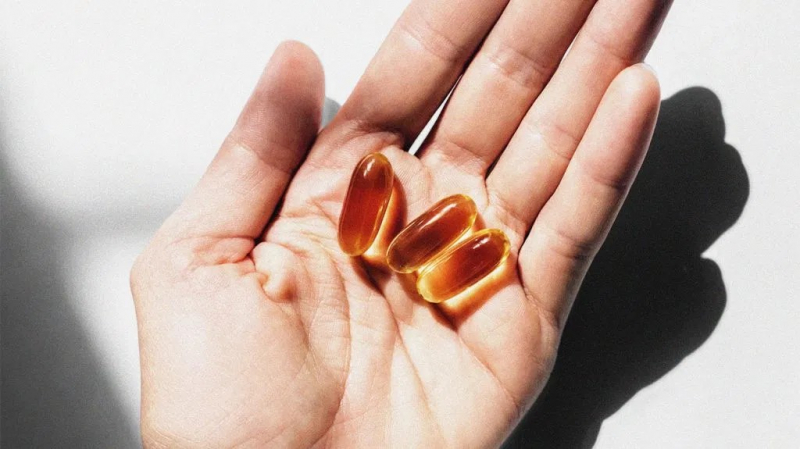
Try supplements 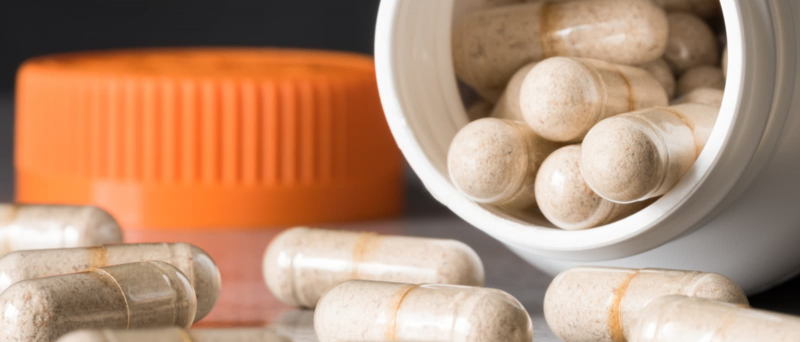
Try supplements













